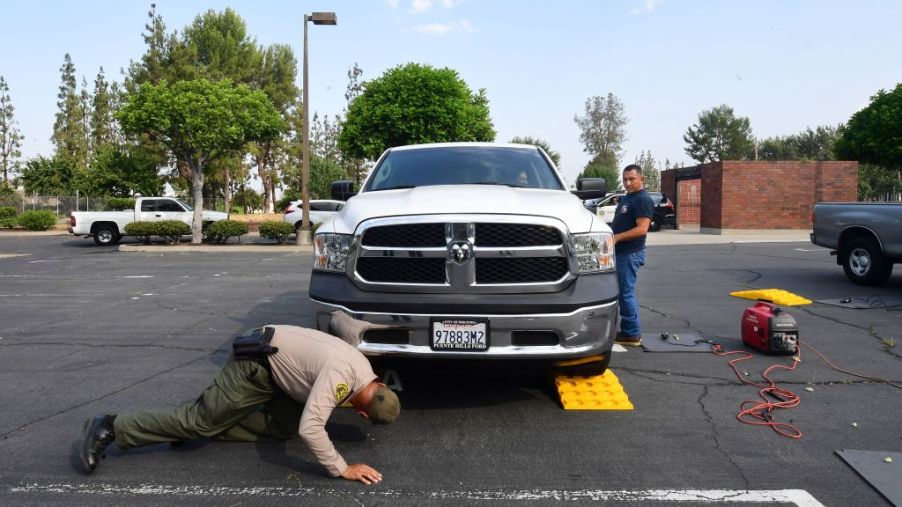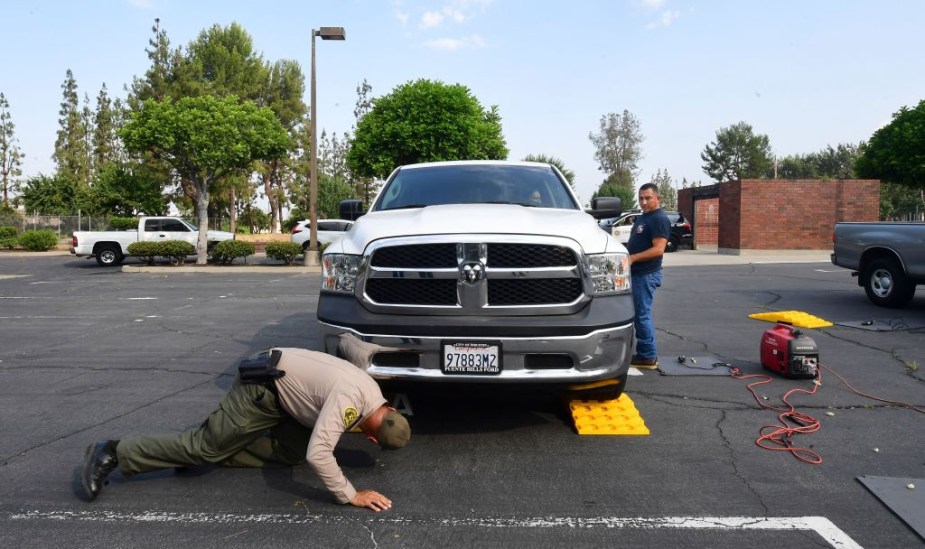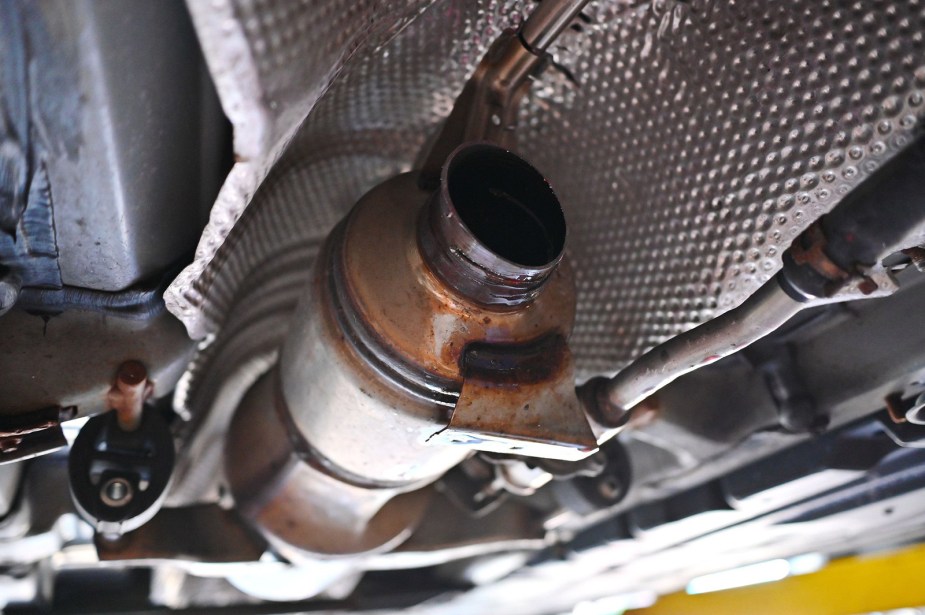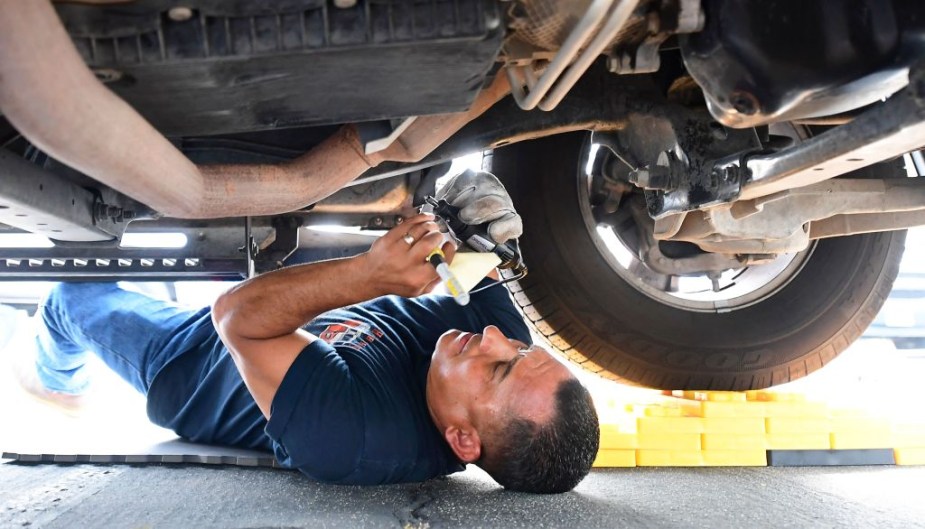
California’s Simple Law To Stop Catalytic Converter Theft
Recently, catalytic converters were lifted off of a group of San Francisco police cars. While parked in front of the police station. That’s how rampant, and how brazen catalytic converter theft has become. And the crime is happening in every city in the U.S., as we’re sure you already know. But yesterday, California Governor Gavin Newsom signed into law a new, strict, yet simple law that should stop this kind of theft, or knock it back considerably.
What does the catalytic converter theft law do?

Now, you can only sell to a recycler by proving you legally own the car it was taken off of, or are a licensed dealer. Those selling a converter also must certify the part is not stolen. If caught in the act there are also stiffer penalties. And the same goes for a recycler not adhering to the new law. The two new laws are Senate Bill 1087 and Assembly Bill 1740.
Scrap dealers and recyclers must have this new documentation listing the part and the seller’s information. “We’re going to get to the root cause, at least one of the root causes, in this crime,” Newsom said in a taped interview. “And that’s those brokers and those middlemen who pay top dollar for stolen parts. It will now be illegal in California to buy catalytic converters from anyone other than licensed auto dismantlers or dealers. You take away the market for stolen goods, you can help cut down on stealing.”
Last year over 18,000 catalytic converter thefts happened in California

Since 2018, the National Insurance Crime Bureau reports that the instance of catalytic converter theft has risen from 1,298 to 14,433. And according to BeenVerified, that number rose to 18,026 last year. Sellers can get anywhere from $25 to $500 depending on what kind of converter they have. Prices to install new ones range from $1,500 to over $3,000.
To clean up exhaust emissions, catalytic converters contain rhodium, platinum, and palladium, all rare metals. Scrappers extract these materials and then sell them back to processors who sell them back to the manufacturers. Especially pickup trucks have been the go-to for thieves because they usually don’t require a jack to get under. Thieves always go for quick and easy.
Why do some say this law won’t work?

Some are saying that the new laws will do nothing to stem the tide of converter theft because thieves will just take them across state lines, or into Mexico. But going back to the quick and easy nature theory of theft, doing that poses more hoops for thieves to jump through. It also cuts into profits.
Arranging and paying for taking converters across state lines takes either time, money, or both. And inspections are conducted before entering Mexico. So the naysayers aren’t thinking the process through or the stolen property mindset.
So, in all, the new law makes payments more traceable and creates a better paper trail that includes which businesses are sellers, and the vehicles the converters have come off of. Let’s hope that other states adopt similar laws and that a network between states may ultimately completely stop the few who would sell their stolen wares across state lines.



